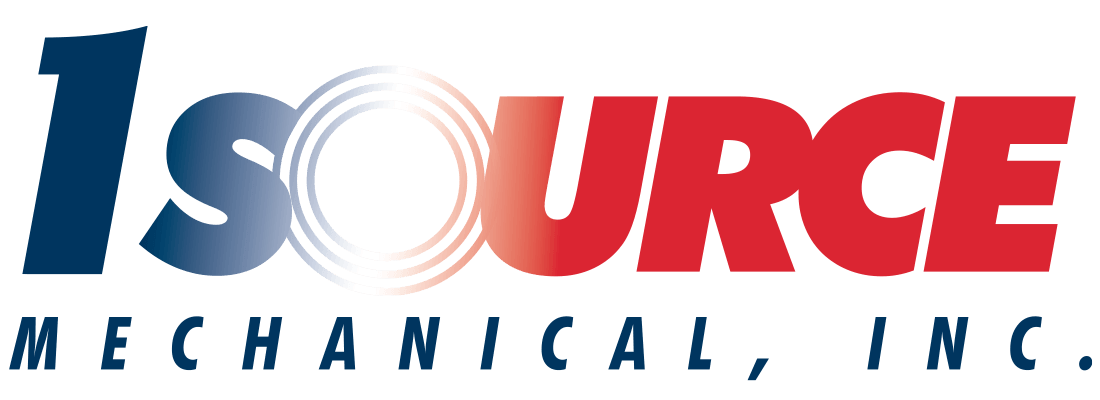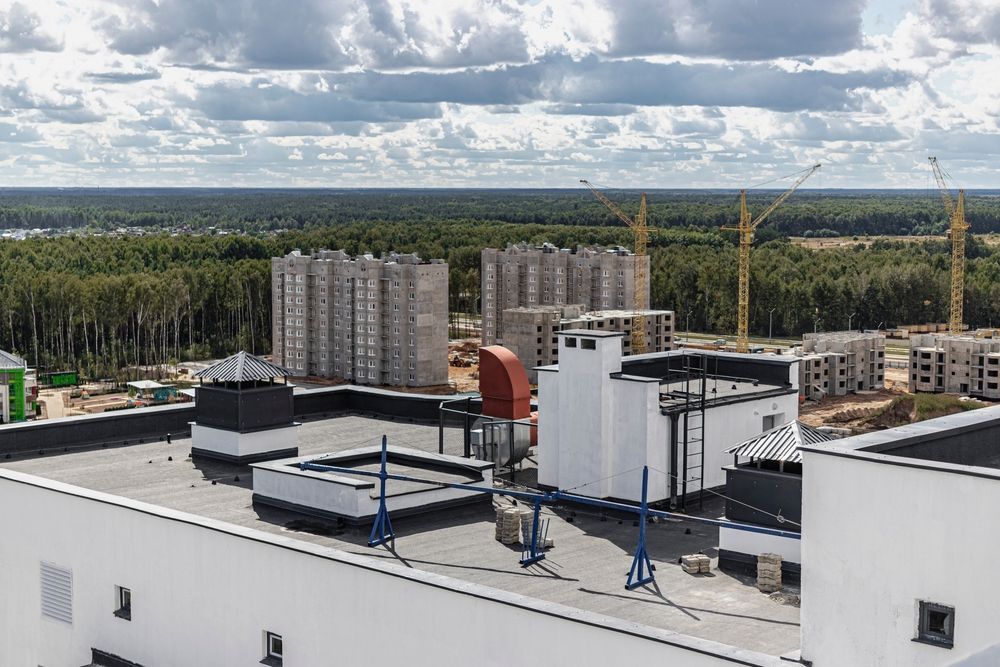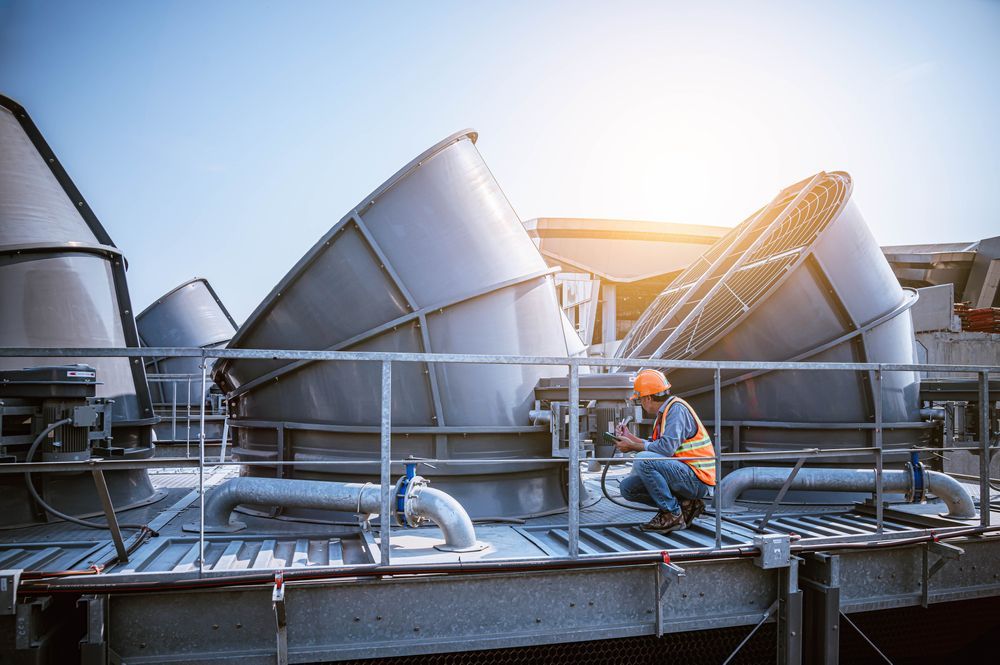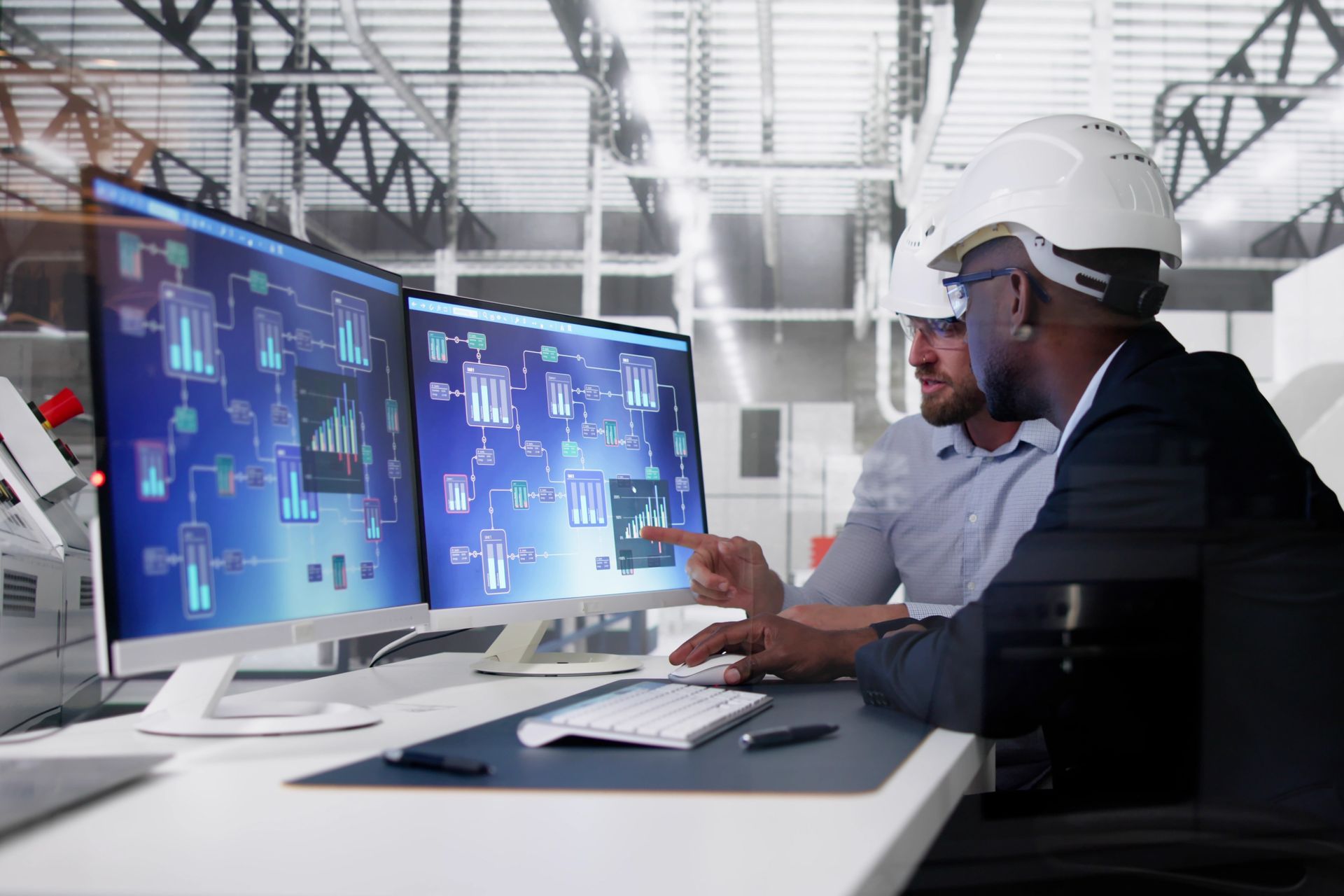How Long Do Commercial HVAC Systems Last?
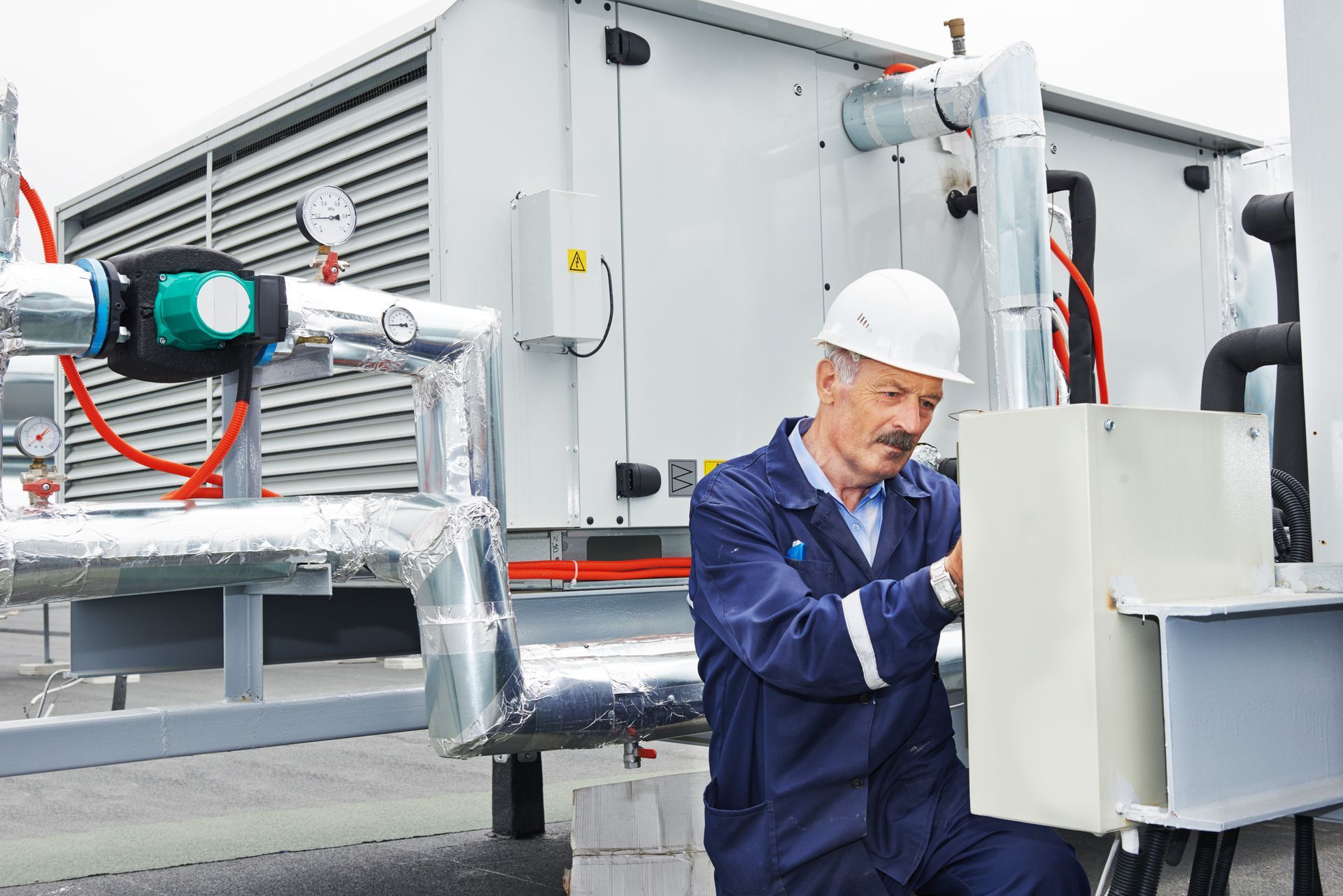
No matter how well you treat your equipment, all things mechanical have a lifespan. Commercial HVAC systems are no exception to this rule.
You can take steps to extend the lifespan of your HVAC equipment; regular maintenance and qualified repair services can help your system components last longer. (Of course, you can also reduce your system's lifespan by skipping service visits.)
The price difference between repairing or replacing an HVAC can be substantial, which leads many property owners to ask: How long do commercial HVAC systems last? While every situation is unique, some commercial HVACs can last up to 20 years or more. Read on to learn how to keep your HVAC running smoothly and efficiently for the longest possible time.
Factors Affecting the Lifespan of Commercial HVAC Systems
If you're wondering how long commercial HVAC systems last, let's start with the most important variable: maintenance. If you're diligent about following a regular maintenance schedule, an HVAC in a commercial property may run for 20 years or more.
Keep in mind, though, that this is a best case scenario that involves always following best practices, like keeping up with regularly scheduled maintenance and working with a team of HVAC professionals when repairs are needed.
Think of ensuring your commercial HVAC's longevity in terms of a person making efforts to keep fit and healthy. For instance, following practices like exercising and seeing a doctor regularly helps improve human health. Similarly, scheduled maintenance and qualified repairs help improve your HVAC's performance while reducing wear and tear, increasing longevity.
Other factors that affect how long commercial HVAC systems last may include:
- Unit size. If an HVAC unit isn't sized properly, wear and tear increases. That's because an undersized unit will have to work too hard to cool and heat a property, so components deteriorate more quickly. And a unit that's oversized will turn off and on more often, decreasing efficiency and wearing out sooner.
- External climate. The climate and environment you live in affects your HVAC's lifespan. In a warm climate, the air conditioning components or heat pump will likely work harder and wear out faster. In a cooler climate, the furnace will work harder and wear out faster.
- Interior elements. The interior of the building can affect how long a commercial HVAC system lasts, too. For example, an interior that experiences outgassing from carpets, wood, or other new building materials can place stress on an HVAC, as can fumes from cleaning supplies. The chemicals in these pollutants can cause the HVAC's coils to deteriorate at a faster rate.
- Installation and component quality. The quality of the HVAC unit you choose affects its longevity. It's easy to see how sub-par components would tend to wear out or break sooner than high-quality equipment. Installation quality is also important. An experienced, qualified HVAC professional will ensure not only that your unit is correctly installed with the right ductwork and other components, but also that your system is the right size and capacity for your building.
Understanding the Average Lifespan Based on Maintenance
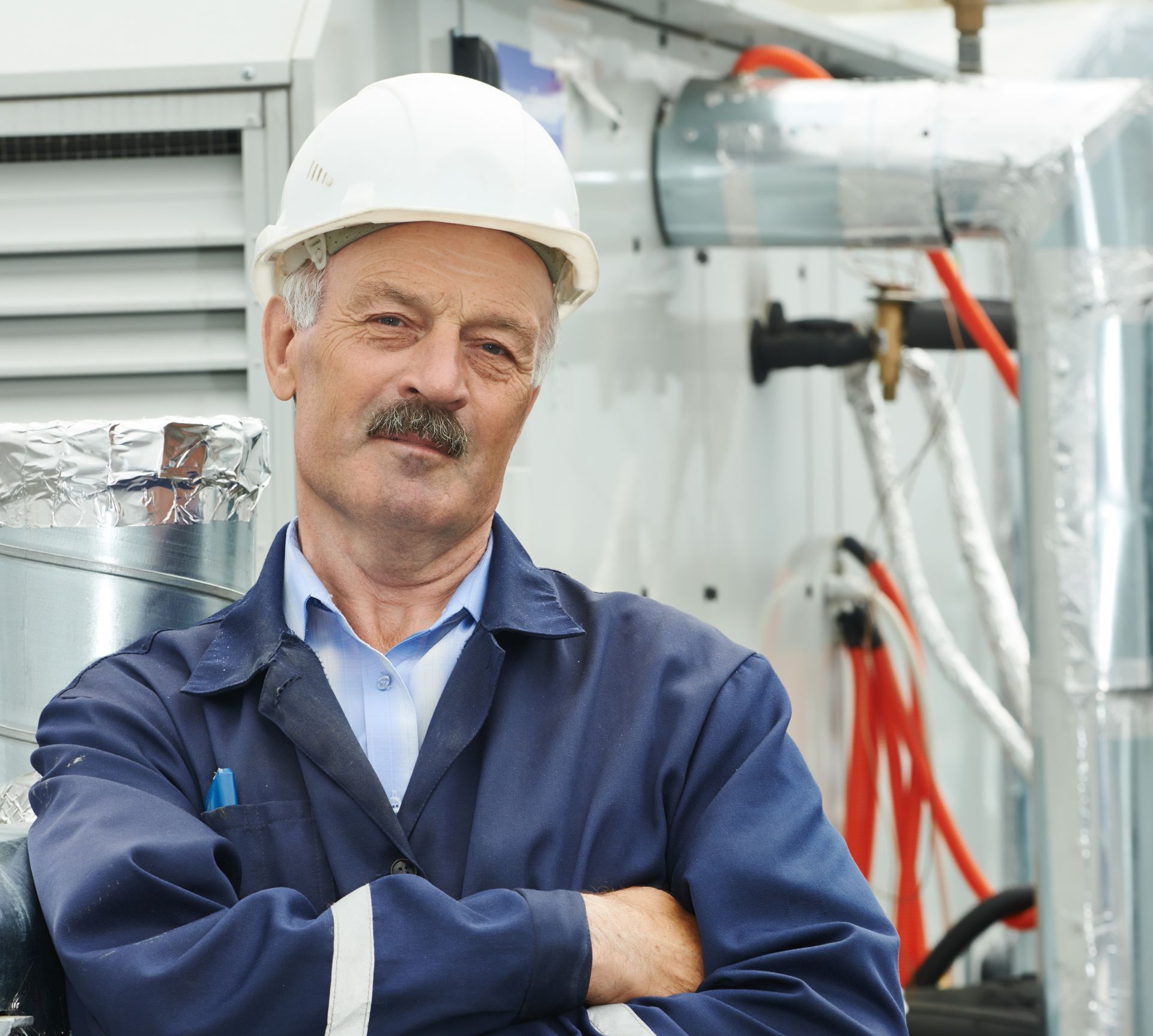
Let's take a look at how average HVAC lifespans differ, depending on maintenance levels:
- With no maintenance: Expect your commercial HVAC system to last less than 18 years
- With minimal maintenance: Expect an HVAC lifespan of about 18 to 20 years
- With some maintenance: A commercial HVAC could last for 20 to 25 years
- With high maintenance: Your HVAC's lifespan may reach 25 years or more
Remember: These are simply averages, as not all HVAC systems are the same. Different manufacturers use different components of varying quality, so some may simply wear out sooner than others.
External factors, such as climate, temperature and humidity, as well as internal factors such as air pollutants also play a role in HVAC longevity. But overall, regular maintenance can extend your commercial HVAC's lifespan.
How Can You Extend the Lifespan of your Commercial HVAC System?
As a general rule, you can expect the individual components of your HVAC system to last about:
- 15 years for a heat pump
- 15 to 20 years for an air conditioner
- 20 years for a furnace
- 20 to 35 years for a boiler
While these average lifespans depend on preventative maintenance, it's important to remember that the fitness level of each component affects how the other components function, too. A simple maintenance lapse in one part of the system can cause or worsen other problems.
For instance, one common lapse lies in forgetting to change air dict filters regularly. While it may not seem like a big deal to let it go for a few weeks or months, that dirty air filter puts pressure on other components in the system. This increases wear and tear. Over time, it really adds up... and subtracts life from your HVAC.
Signs your Commercial HVAC System Need to be Replaced
How do you know when it's time for a new system? The following signs may indicate that your commercial HVAc is nearing the end of its lifespan:
- Your system is more than 15 years old
- The building isn't being heated or cooled consistently
- Repairs are getting costly
- Your system isn't energy efficient
- Energy bills are increasing year over year
Reach Out to 1 Source Mechanical Today!
HVAC maintenance is the key to a longer lifespan. The easiest way to keep up and make the most of your investment is working with a team of qualified HVAC professionals like those at 1 Source Mechanical.
We'll help you to set up a regular maintenance schedule that heads off problems before repairs are needed. A regular maintenance schedule will include services such as air filter replacement, internal and external inspections,
testing and balancing, coil cleaning and draining, refrigerant line checks, and more.
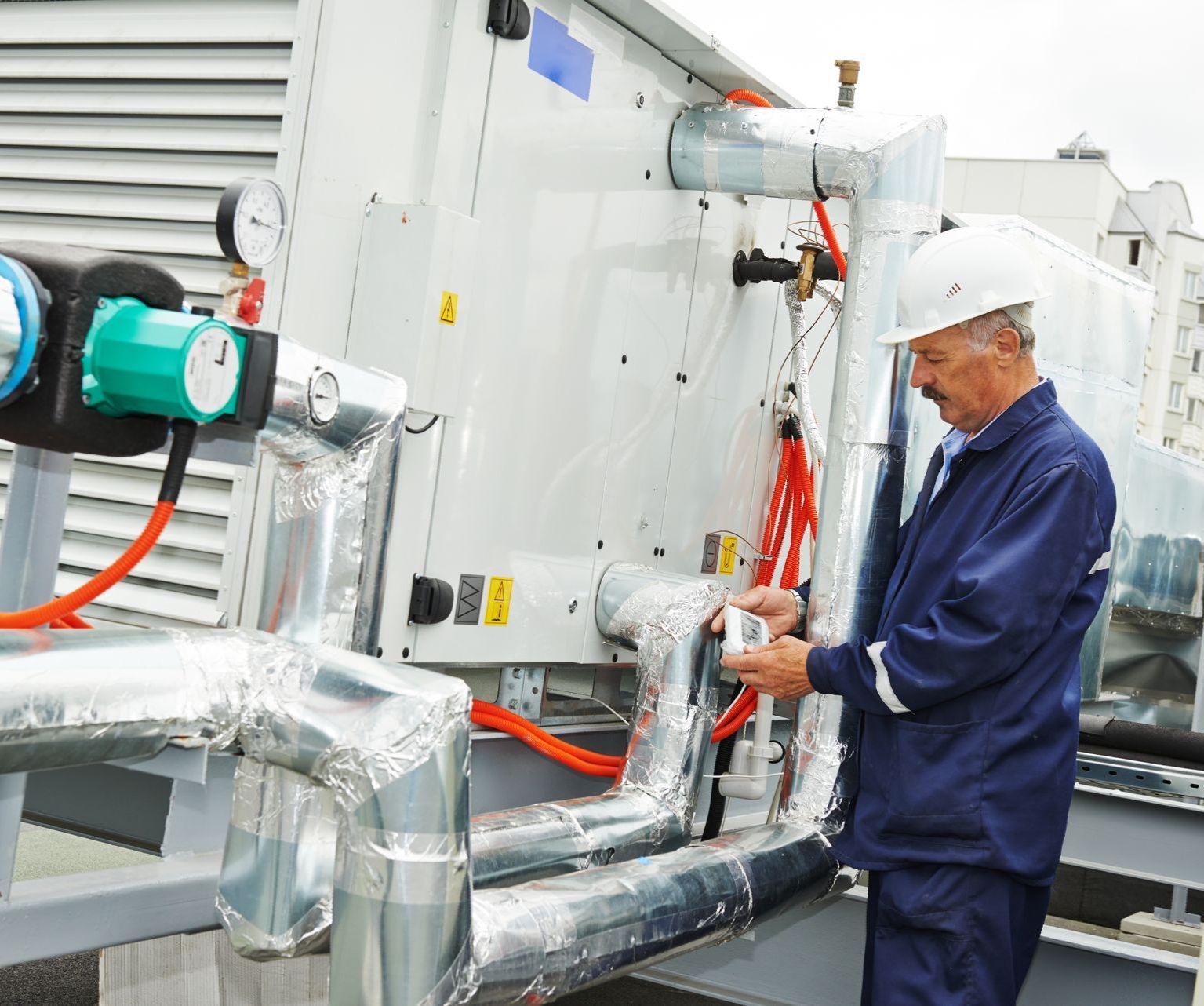
And when it's time for a new commercial HVAC system, 1 Source Mechanical is here to help with installation, too. Contact us today to learn more about our knowledgeable team and reliable HVAC services.
